ADHD and Puberty – Part Two
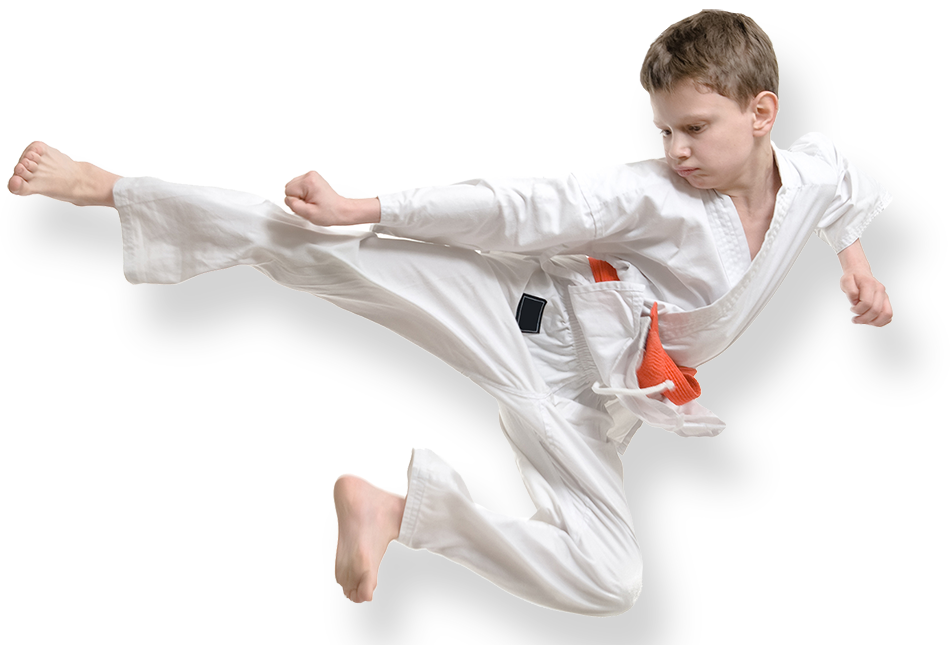
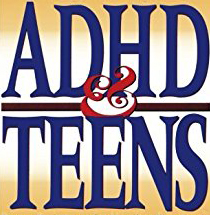
In my defense, most articles on both subjects do leave out the aspect of how it effects the other; which, often is a mistake leading to ineffective treatment.
In part 1 we established that puberty isn’t physically different for kids with ADHK, that some learning and attention issues can make dealing with puberty harder and more dangerous and that kids with ADHK often feel “doubly different” during puberty.
That’s the “big picture” but this article is about the “rubber on the road” sort of stuff. Specific, but commonly seen, things that often need intervention or planning.
When Puberty Happens To ADHD
The Common Issues
In Part One of this article, we learned that brain maturity in most children with ADHD occurs perhaps two to three years later than in children without. So, in reality, their physical pubertal changes are happening to a much “younger” child.
Being (and Being Treated) Different
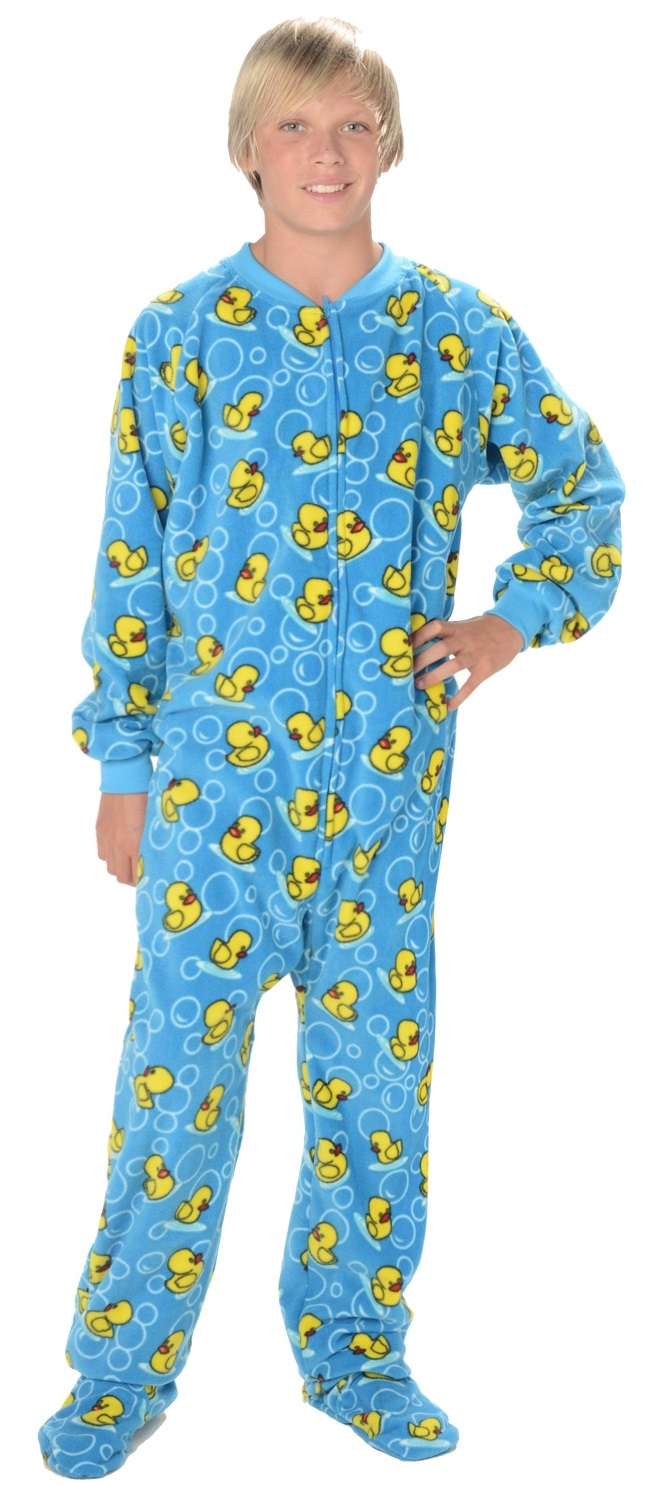
It’s not just you (as parents) who become confused when your child enters puberty. Once the hormones start flowing all kinds of changes occur which just don’t make sense to them; perhaps even more so. They feel “different” and often don’t know why.
All their expectations seem to change right out from under them. Their body doesn’t work the same way. They’re more clumsy. Other kids don’t treat them the same, nor do the adults for that matter. Things they used to do with ease, now they can’t do—and if they can, it gets them into trouble.
Most of their feelings are more intense. People keep asking them why they are upset… or tired… or angry and even they don’t know why.
All of these now “normal” occurring issues of puberty trigger a sort of PTSD flashback response about their ADHD differences and they feel Doubly Different. It’s not uncommon really for their ADHD to become the “scapegoat” in their mind for all the new issues with puberty and set progress in that area back to “square-one.”
If the school system’s rules demand that the child break from classes and run to the nurse’s office for daily pills, it’s a major crisis! Expect them to “ditch” the pill and the nurse will have to decide whether to track him down and make a spectacle wherever he is. Unintended or not, life has just gotten fuller of drama.
The drive to “fit in” waxes intense during the early stages of puberty whether or not the child has ADHD. They expect to be treated more adult-like and they should be; however, rules need to be set and enforced just like they were before puberty. Perhaps even more so.
During their child’s puberty, parents need to double their vigilance to assure expectations are specific, clear, understood and enforced. Setting rules and “house policies” in the presence of, and with the help of, the child will go a long way in gaining their acceptance.
Supervision
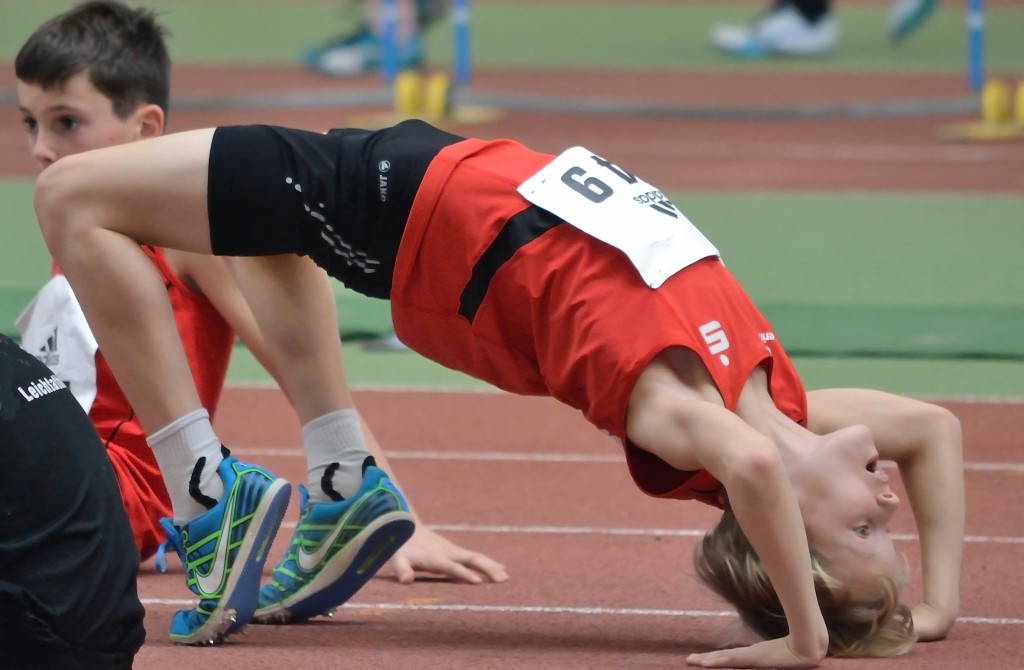
To go along with “fitting in” we should talk about supervision … they need it. Only now it needs to be much more “invisible,” well at least transparent.
They won’t usually experiment with alcohol, drugs, tobacco and sex only on weekend nights – the riskiest hours are between 3 and 6 PM on school days; at friends’ houses with no adult supervision.
These days parents have more technology at their disposal than parents in my youth. Cell phones for checking in and even tracking, nanny-cams and internet cameras. But even better, if you can’t be there to supervise, make sure they get involved in sports, arts, community service or numerous other things which ARE supervised by adults. Know where and what they are doing at all times.
Friends and Change
Anyone who has known or lived with a child who is truly ADHD understands how they react to change… they don’t take it well. And, unfortunately, I must say it’s unusual for them to make it through this time with the same friends they had previously.
Until around the 5th grade (US age 10-11), the friends he or she has garnered are the type who will accept one who is overly touchy and/or constantly interrupting. As soon as those friends begin their puberty and begin having their more emotional and involved conversations, more technical and involved activities and their heightened body consciousness which comes with it, they don’t tolerate that kind of behavior anymore.
Because the neurological part of puberty is delayed in ADHD, the boy or girl is often considered “immature” or at least “annoying” and steered away from if not outright rejected.
If that is the case then look out for attempting to garner friends in negative ways such as spreading gossip or engaging in risky behavior—drugs, alcohol, tobacco and sex come to mind. Which then makes them a target for humiliation or bullying.
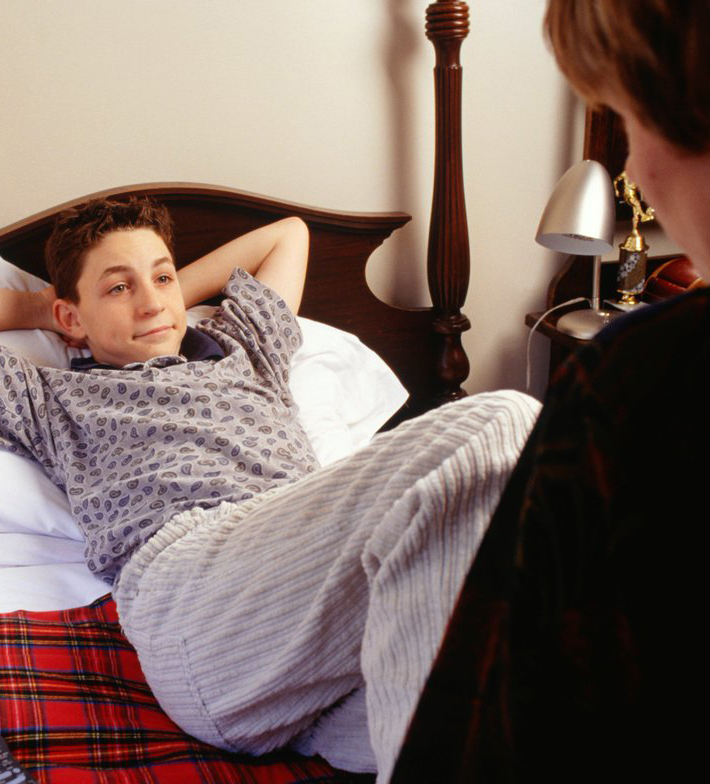
Parents need to be “in front” of these possibilities and deliberately develop “matter of fact,” mature, non-threatening type of discussions with the child; so he is aware of what actions he IS exhibiting, what their outcomes will lead to and what skills and alternatives he can use to prevent them.
Peer group acceptance is critical at this age group but doubly so for struggling ADHD children. If they then go looking for ANY peer group who will accept them it’s likely to be other “misfits” who do not do well in school or sports.
The combination of a misfit peer group, the need to be accepted, and low self-esteem places teens with ADHD at great risk of alcohol and drug use. Get educated and if you suspect these problems, get help.
Feeling doubly different during puberty
Coping mechanisms for feeling different and unaccepted are varied. To avoid standing out in class, struggling kids with ADHD may not ask for help. They may refuse to take their medication if it requires a trip to the nurse. Or, on the other hand, they may become the class clown to mask their insecurity.
Parents simply must keep communication open and ongoing. It is possible to still respect the child’s need for privacy while discovering troubling issues and helping to solve them. The operative word is “helping.”
And remember, because of the slower neurological maturity than physical, communicating will almost always be easier than you fear. It’s surprising how much a teen with ADHD will open up to someone who isn’t preachy or judgmental. And don’t be afraid to network with other adults who may be willing to mentor.
Medication Changes
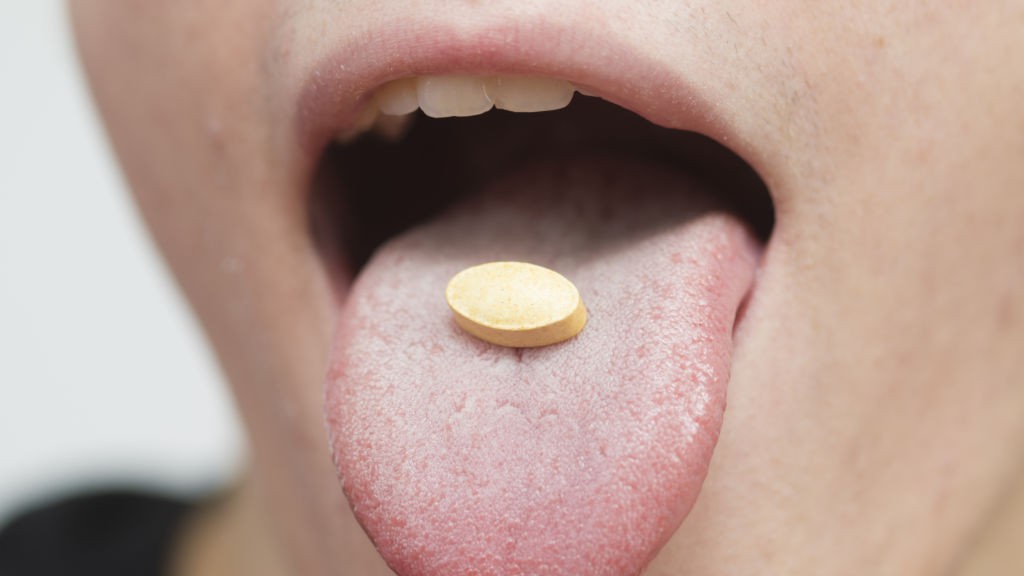
The weight gain in puberty might mean a need for change in medication dosage… or not. There are newer long-acting medications available as well.
Your physician is your ally and, if advised of the situation, may come up with other alternatives (like a closely monitored trial off medication). Seek guidance too if your child seems unusually sad, withdrawn, angry or anxious without waiting for it to escalate into a crisis.
Additionally, as puberty progresses a percentage of children see symptoms change and even lessen—especially if they find a sport or activity, they can find success in. Becoming a couch potato is NOT part of the ADHD syndrome or even a side effect of any type of medicine. Almost always its some kind of physical activity which will captivate their interest, lead to success and turn their attitude around.
Hygiene

Who woudda thunk that such a tiny amount of hormone floating around in a boy could make such a dramatic change in his… well, fragrance! Puberty makes them hairier, sweatier and ornerier. All around a billboard for some life-style changes.
At the risk of being repetitive, remember it’s their delay in maturation of their nervous system, the “command and control center,” that makes the ADHD child different from the “normal” child. You know the: “which should I choose,” “do I really wanna,” “does it really matter” center. The one that pushes the consequences of actions into the child’s attention.
Who wouldn’t want to play videogames instead of shower after all? Some kids don’t have the self-awareness to realize that people care about how they smell or look; so, they have to be taught and reminded.
Sexual Activity
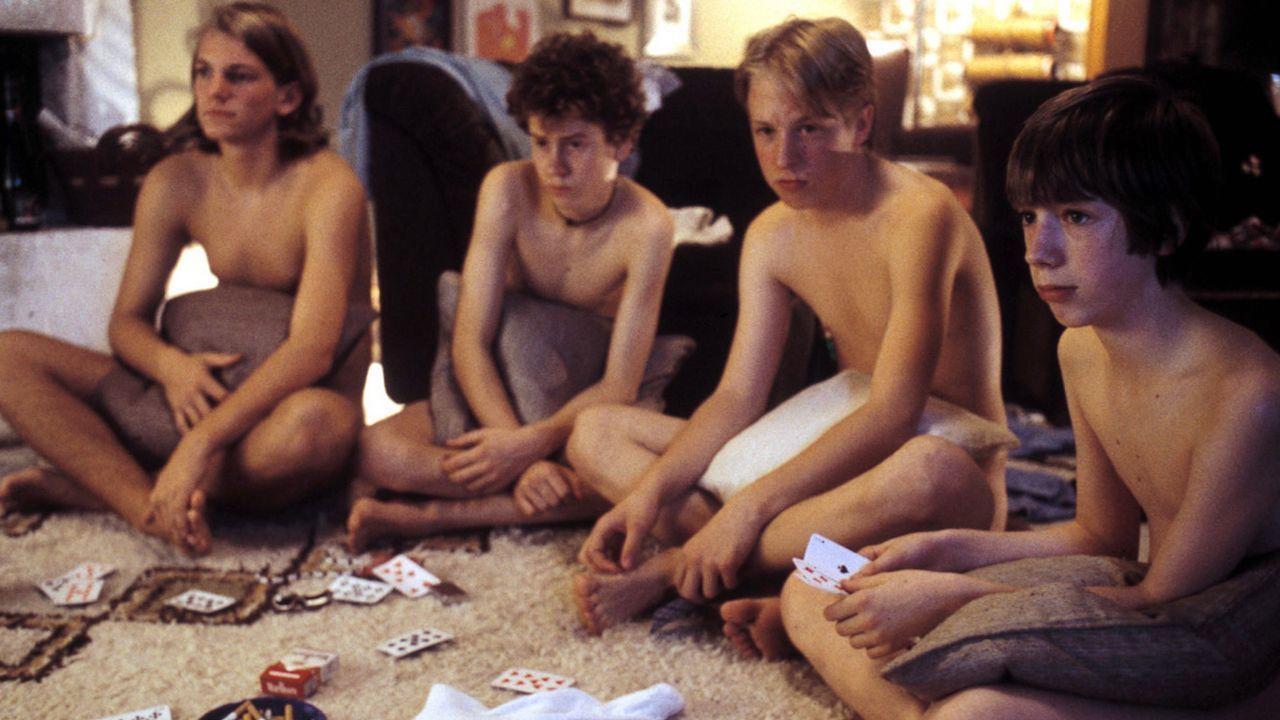
The troubles and even overall condition in the world today should telegraph loudly that even adults have a difficult time interpreting and acting in sexual behavior.
The same symptoms of ADHD that make it hard for a child to learn in school make it hard for them to understand all the subtle and not-so-subtle rules and messages of sex surrounding their new urges and capabilities given them in puberty.
Kids with low impulse control find themselves too aggressive in sexual situations. Others have trouble putting off sexual urges in public.
When social skills are lacking, they cannot accurately interpret other’s interest in them and most often struggle to express their own interest appropriately.
Still some others are so fearful of their own sexual feelings that they avoid dating altogether.
Co-Morbid Conditions
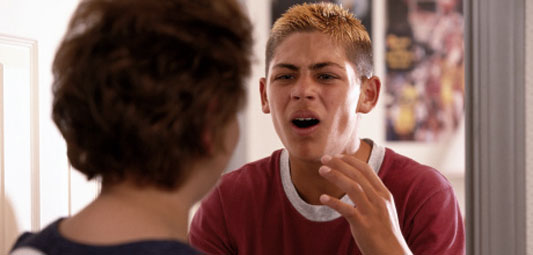
A “co-morbid” disorder is one where there are two or more conditions that occur at the same time. A secondary problem is different than the first but often accompanies it or is triggered by it— and there are a few in ADHD.
For ADHD such conditions would be depression and anxiety or Conduct Disorder and Oppositional Defiant Disorder. Depression and/or anxiety often show first between 8 and 12 years of age then again in early adolescence. Watch your child for symptoms and seek help if you think there’s a problem.
There are some medications which can be used to help both ADHD and depression or anxiety; but often the root is situational which can be solved by improving communication and parenting support.
Conduct disorder comes into play in ADHD because of the increased amount of “conduct” they display and the increased chance it will be out of frustration and that it will be inappropriate. If it becomes a “habit” or a “go-to” behavior every time they are frustrated, then it’s hard to break.
Oppositional Defiant Disorder is marked by antisocial, hostile and unusually oppositional behavior. When behavior becomes Oppositionally Defiant it places impulsive boys in dangerous, even criminal situations. Intervention is imperative.
Strategies for Parents
The Common Issues during puberty and ADHD
Behavior which has become substantial enough to be classified Oppositionally Defiant is a harbinger of bad things to come and a caterwauling siren of urgency that treatment begin now!
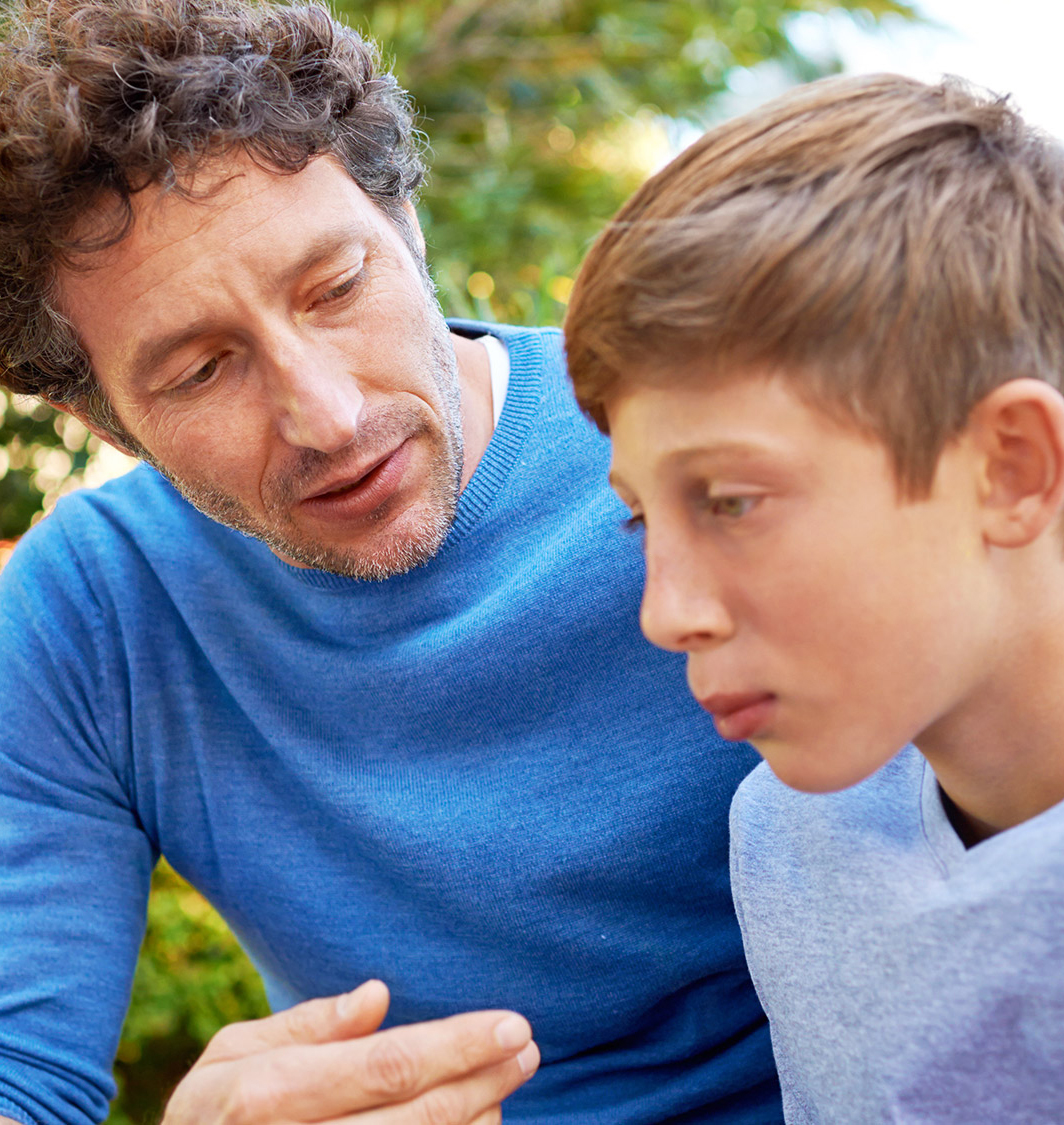
That doesn’t happen if anyone uses the term: “Boys will be boys.” Boyish behavior has nothing to do with it. Boys with ADHD aren’t dropped here from Mars. They have the same behaviors, traits and feelings as any human.
The question is frequency, intensity and appropriateness of the behavior. Missing social skills result in friendless boys with poor self-images who are teased and ridiculed – a self-fulfilling snowball effect that never stops.
Any denial or excuse denies these kids the true help needed and therefore robs them of their life’s chance to be independent and responsible adults.
Providing structure — and supporting a habit of following that structure — helps develop self-management skills which offset the impulse to veer off track. People with ADHD who never learn these skills are in for a very bumpy ride.
As you’ve seen in previous articles, most of us authors have a difficult time making articles specific to every child out there as every child, home and situation is so varied. That’s why it’s imperative for parents to seek “mentors” they can trust who’ve gone through this before.
The best an author can do is to list common generalities which spark innovation in parent’s minds for how things should work in their own home with their own children. I’ve seen many such lists in books which are as good as anything I could produce (unless I was actually sitting across from the child.)
I’ll close by giving you one of them to ponder.
§
ADHD Puberty “Tips” For Parents
1. Educate yourself and your child about the changes that are occurring. This isn’t to make excuses for behaviors, but to bring awareness to what is taking place in the body that may trigger behaviors or emotions.
2. Try a new treatment approach. It’s okay to shift your strategy — hormonal changes and growth spurts that occur during puberty may make your current methods less effective. Ask your doctor about alternative options.
3. Activate the brain. “We need to recognize that what’s happening in the first place is happening in the brain, and so that is one of the places you look to address it,” explained Taylor-Klaus. Consider nutrition, level of exercise, sleep patterns, hygiene, brain training, and medications.
4. Motivate your teen. Recognize what motivates your teen. For some teens, having the opportunity for more independence and autonomy can prompt them to be more responsible.
5. Don’t react to every moody outburst. Redirect when possible.
6. Don’t take it personally. Try to respect that this isn’t something your child can simply turn off.
7. Be willing to shift your expectations. Remember, your teen with ADHD may not be developmentally prepared for the changes that occur during puberty. Keep expectations clear and reasonable.
8. Listen. Instead of telling your child what is happening, ask what it feels like from his or her perspective. Have compassion for your child and try to remember that he or she is every bit as confused, scared, and lost as you were at that age.
9.Get training. A study published in the April 2013 Journal of Attention Disorders found that parents who completed an 8-session Behavioral Parent Training Program saw improvement in their child’s behavior, especially in terms of overall functional impairment, parent-child relationship, and the effect of the child’s behavior on other family members. Parents also reported increased parenting confidence.
10. Take care of yourself. “Not only do you need to pace yourself for the long haul, but you are also modeling for your child,” noted Taylor-Klaus. Your child needs to see you managing yourself well. Take time for yourself, exercise, and eat well. “Parents are hugely important role models,” she said. “Teach through demonstrating.”
13 Posts in ADHD Hyperactivity (hyperactivity) Series
- Hyperactivity & Puberty - Part 2, Issues and Actions – 22 Jan 2019
- Hyperactivity & Puberty - Part 1 – 10 Jan 2019
- The Children - Followup and Outcomes – 26 Mar 2017
- (Link) Don't JUST take my word for it – 23 Feb 2017
- Treatment: Cognitive Training, Medication – 18 Feb 2017
- Treatment: Five Pillars of ADHD Treatment – 4 Feb 2017
- Treatment: How can we know what works? – 29 Jan 2017
- (Video) Sucess in 'Something' Helps – 20 Jan 2017
- The Patient – 15 Jan 2017
- First, the diagnosis – 11 Jan 2017
- Labels and 'Alphabet Soup' – 7 Jan 2017
- Treatments - 'alternative' – 6 Feb 2013
- ADHD Hyperactivity: Intro/Index – 5 Feb 2013
Advertisement by Google
(sorry, only few pages have ads)
